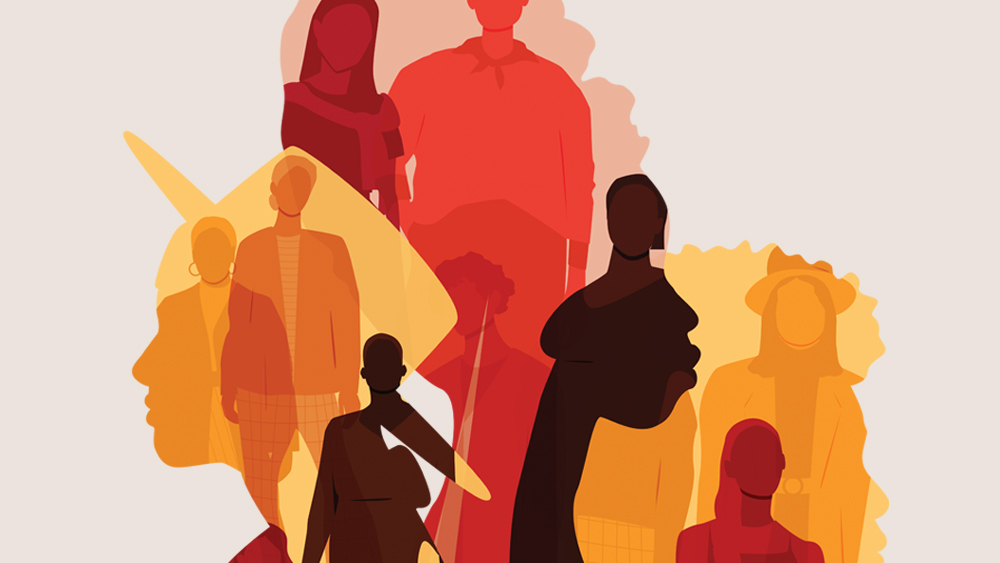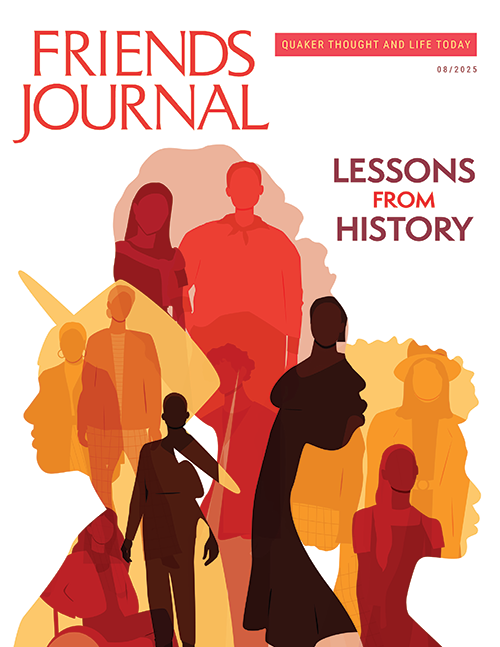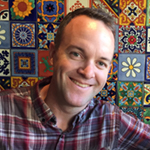Friends Journal readers in the past several years have joined us in a project to reexamine the whitewashed history many of us learned about Quakers, slavery, race relations, and equality. In this issue, which emerged in large part from a fortuitous slate of well-researched manuscripts sent our way, this project continues.
Abolitionism didn’t emerge fully formed from the hearts of Quakers in the eighteenth century, of course, but neither can it be credited solely to the tireless work of White Quaker abolitionist ministers like John Woolman and Benjamin Lay. In “Black Resistance to Quaker Enslavement: A Moral Reckoning,” Jim Fussell recounts stories of the enslaved people whose escape from and sabotage of their Quaker captors helped to advance the cause of abolition among Friends in the mid-Atlantic region by making the enterprise of chattel slavery increasingly untenable in an economic and practical sense.
Presenting a more recent historical counterpoint where Friends again found themselves astride a racial and social conflict, Natalie Fraser and Chioma Ibida have undertaken new archival research into Quakers’ involvement along the margins of the city of Philadelphia’s standoff with the radical Black MOVE community in the late 1970s—the group that would be murderously firebombed by city police in 1985. Fraser and Ibida illustrate what happens when well-intentioned Friends whose personal and economic safety are not directly threatened (by virtue of their social and racial privilege) act as “witnesses” rather than in “risky solidarity.” By lifting up the ways in which an attitude of neutrality and silence can perpetuate an unjust status quo, the authors give us a lens through which we might inspect our actions in our communities today.
The year 2025 marks ten years since the Obergefell decision in the U.S. Supreme Court legalized same-sex marriage. Our staff writer Sharlee DiMenichi interviewed Friends from around the United States about the discernment, within families and within Quaker congregations, that led some Friends groups to affirm and bless these unions decades before federal recognition.
Taken as a whole, this issue leads this reader to wonder: where are we Friends, now? Are we hiding in positions of cozy safety, or do we seek boldly to be in solidarity with the oppressed? Where can Quakers lay hands on Martin Luther King Jr.’s metaphorical “moral arc of the universe” and work to bend it toward justice?
I’d like to introduce a new member of our editorial team. Renzo Mejia Carranza joined us in June as a corresponding editor focusing on Latin America. A member of Fairfield (Ind.) Meeting, Renzo was born in Guatemala City and now lives in Richmond, Ind., where he is pursuing an MDiv at Earlham School of Religion. Along with fluency in multiple modern and classical languages, Renzo brings to our work his passion for theology and learning about the Quaker tradition. The addition of Renzo to our staff is part of Friends Publishing’s initiative to better gather and share stories from Quakers all over the world. Thanks to Renzo, our editors have the capacity to review article submissions from Friends written in Spanish, Portuguese, and Italian, as well as English. This means that readers can also look forward to benefiting from a greater diversity and breadth of Quaker perspectives. I can’t wait.





I am thrilled to see Friends Journal in my emails. Did I subscribe or is this somehow a complementary service? I hope all of our nation is getting Friends Journal in their emails too. You have messages we all need to know whether or not we are Quakers as am I. Sincerely, Barbara Christwitz